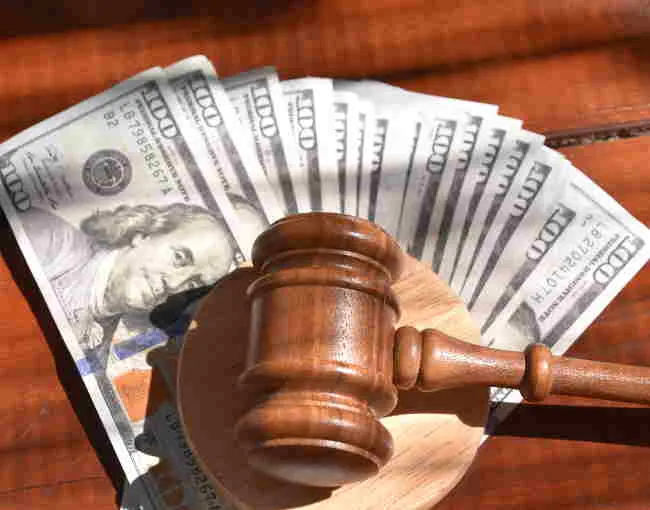
The probate process, a legal procedure designed to administer a deceased person’s estate, often involves complex financial and emotional challenges.
This process is critical to understanding probate attorney fees – how they are determined, who pays probate attorney fees, and the factors influencing these costs. This article takes an in-depth look into probate attorney fees, their assessment, and the allocation of responsibility.
Table of Contents
Factors Influencing Probate Attorney Fees
Estate Complexity
The estate’s complexity determines the probate attorney’s workload. Estates with intricate financial portfolios, numerous properties, substantial debts, or contentious family situations require more extensive legal work. Attorneys might charge higher fees for managing complex cases that demand meticulous attention to detail and legal expertise.
Attorney’s Fee Structure
Probate attorneys employ different fee structures, such as hourly rates, flat fees for specific tasks, or contingency fees in specific scenarios. The most common fee structure is hourly rates, calculated based on the time spent on the case.
Flat fees may be charged for tasks like drafting a will, while contingency fees are contingent upon the outcome of legal disputes. Transparent agreements outlining the fee structure are essential to avoid misunderstandings between the attorney and the client.
Jurisdictional Regulations
Laws and regulations governing probate practices vary from one state to another. Some states have statutory fee schedules or guidelines that set the maximum amount attorneys can charge for probate services. These regulations protect estates and beneficiaries from excessive legal fees, ensuring fairness and adherence to ethical standards in the legal profession.
Who Pays Probate Attorney Fees
Estate Funds
In most cases, probate attorney fees are paid from the assets of the deceased person’s estate. These fees are recognized as legitimate estate administration expenses and are deducted from the estate funds before the remaining assets are distributed among heirs and beneficiaries. Estate funds are meant to cover all costs associated with the probate process, including legal fees, ensuring the efficient execution of the deceased person’s will.
Executor or Personal Representative
The executor or personal representative of the estate is entrusted with managing the probate process. They engage a probate attorney to navigate the legal complexities as part of their duties.
The fees incurred for legal services are considered an essential component of estate administration, and it is the executor’s responsibility to ensure timely payment to the attorney. Open communication between the executor and the attorney ensures that legal fees do not burden the estate.
Beneficiaries (Exceptional Cases)
In rare and exceptional circumstances, a will might contain a clause specifying that the beneficiaries will bear probate attorney fees. However, such clauses are rare and typically arise under specific conditions outlined in the will.
This situation might occur when there is an anticipation of legal disputes or contests regarding the will’s validity. Beneficiaries should be aware of any such clauses and the circumstances under which they would be responsible for covering legal fees.
Summary
Understanding who pays probate attorney fees demands a clear understanding of the factors shaping these costs and the parties responsible for payment. Executors, beneficiaries, and family members involved in the probate process should be well-informed about the fee structure and legal obligations to ensure a transparent and smooth administration of the deceased person’s estate. You can clarify fee arrangements and legal responsibilities by consulting an experienced probate attorney.